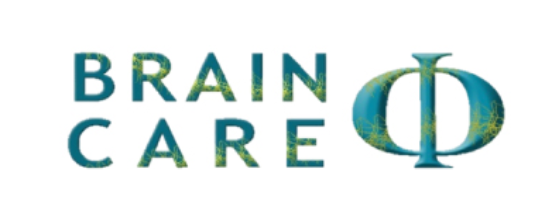
Obsessive-Compulsive Disorder (OCD)
What is Obsessive-Compulsive Disorder?
Obsessive-compulsive disorder (OCD) is a mental health condition that affects millions of people worldwide. It is characterised by intrusive, recurring thoughts (obsessions) and the urge to perform repetitive behaviours (compulsions) to alleviate anxiety. OCD can significantly impact a person's quality of life, making it challenging to engage in day-to-day activities.
OCD Symptoms
The symptoms of OCD can vary from person to person, but common obsessions include fear of contamination, fear of harm, and preoccupation with symmetry. Compulsions may involve excessive cleaning, checking, and arranging objects. The behaviours may be time-consuming and interfere with daily routines, work, and relationships.
Management of OCD
Psychological treatments are the most effective interventions for OCD. The primary treatment options are Cognitive-Behavioural Therapy (CBT) and Exposure and Response Prevention (ERP) therapy. CBT is a form of talk therapy that focuses on changing negative thought patterns and behaviours that contribute to OCD symptoms. ERP therapy involves gradually exposing the person to feared situations or objects without engaging in compulsive behaviours. This therapy helps to desensitise the person to their fears and teaches them to resist the urge to perform compulsions.
Self-help techniques can also be useful for managing OCD symptoms. Mindfulness meditation, for example, can help people with OCD learn to tolerate the discomfort of their obsessions and resist the urge to engage in compulsive behaviours. Deep breathing, yoga, and exercise may also help to reduce anxiety.
OCD can be a challenging condition to manage, but with the right treatment, many people with OCD can learn to manage their symptoms effectively. It is essential to seek professional help if OCD symptoms are interfering with daily life.
Neuromodulation and Obsessive Compulsive Disorder (OCD)
At Brain Care, as well as offering psychological counselling, a number of neuromodulatory therapies are available to help address symptoms of OCD. Neuromodulatory therapies are a variety of methods that target the nervous system, altering or modulating nerve activity, which may bring about lifechanging results. The neuromodulatory therapies offered at Brain Care include biofeedback training, Transcranial Direct Current Stimulation (tDCS), Audio Visual Entrainment (AVE), and Bio Acoustical Utilisation Device (BAUD) Therapy.
The theory behind using biofeedback for OCD is that individuals with OCD may have abnormal patterns of brain activity, particularly in the frontal cortex, which is responsible for regulating thoughts and behaviours. Biofeedback for OCD typically involves training the individual to increase activity in the frontal cortex while reducing activity in other areas of the brain associated with anxiety and fear. This is done by providing visual and/or auditory feedback in real-time based on the individual's brainwave patterns.
If someone you know is experiencing OCD symptoms and needs assistance and support to manage these, contact our psychology clinic in Tweed Heads, where counselling is available for children, teens, adults, couples and families. Often the first step is the hardest, but Brain Care is here to support you through the rest of your journey.
WHO WE HELP
Contact Us

